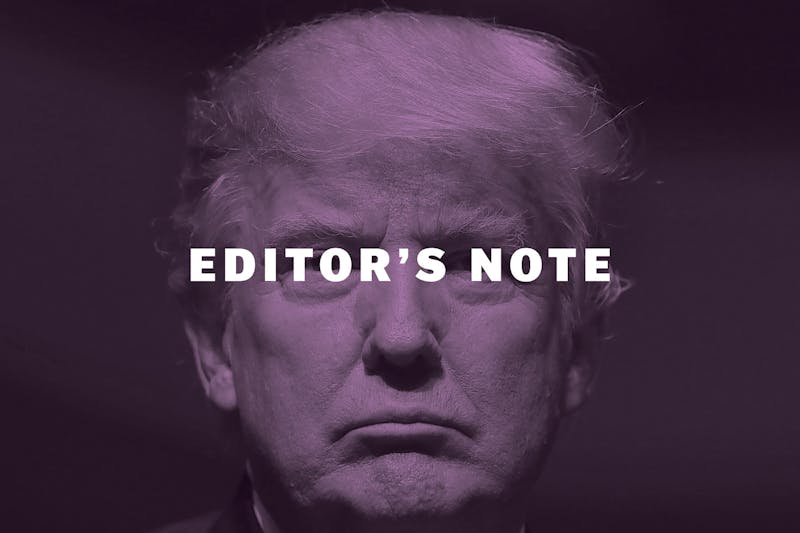
It hasn’t always been the case, but devout Christians can be curiosities, if not objects of outright skepticism, among American liberals and the broader left.
While this state of affairs owes itself to all sorts of complex social shifts, some of which predate the twentieth century, the political transmutation of evangelicalism into the Christian right since the 1960s is certainly an important part of the story. The strength of that religious-political alliance has helped maintain one of the greatest divides in contemporary American society—with many Christians having become chronically vulnerable to a belief that liberal politics are literally against God, and many liberals to a belief that whatever God these politicized Christians have in mind is literally against humanity. Those aren’t tendencies that favor common ground; and in any event, as a result of them, when liberals hear the idioms of evangelical Christianity, they can now often hear the idioms of political reaction.
There’s a whole other level to this story, though, that goes considerably deeper into the history of the modern West—to the long association between ideologies of liberation and radical secularism. It’s common today for people to understand the self-actualization of humanity in terms of a freedom from theistic narratives about our place in the cosmos, our reason for being, our divine purposes (vs. fallen desires), etc. I suppose it has to be one among Western history’s many ironies, from a hard-secular perspective, that a Christian view of personhood was originally responsible for the modern idea of the human being as an “individual,” with all the interiority of heart and mind, and all the related significance of free choice, this idea of individuality entails. But the tensions between secularism and theism are real, and profound, and won’t abate in the imaginable future.
Which means that as committed secular liberals and serious evangelicals, of the kind Bryan Mealer writes about for us this month, come to identify with each other politically, that’s a political identification between kinds of people who live in ways that are in some respects powerfully alien to one another. Mutual super-revulsion with Trump and elements of his base can only obscure this reality so much.
Which in turn represents a great hope for the still-tenuous future of liberal democracy in the United States: If you can sustain a common political identity despite such profoundly different beliefs about the nature of the universe and humanity’s place in it, you can sustain the promise of American life.